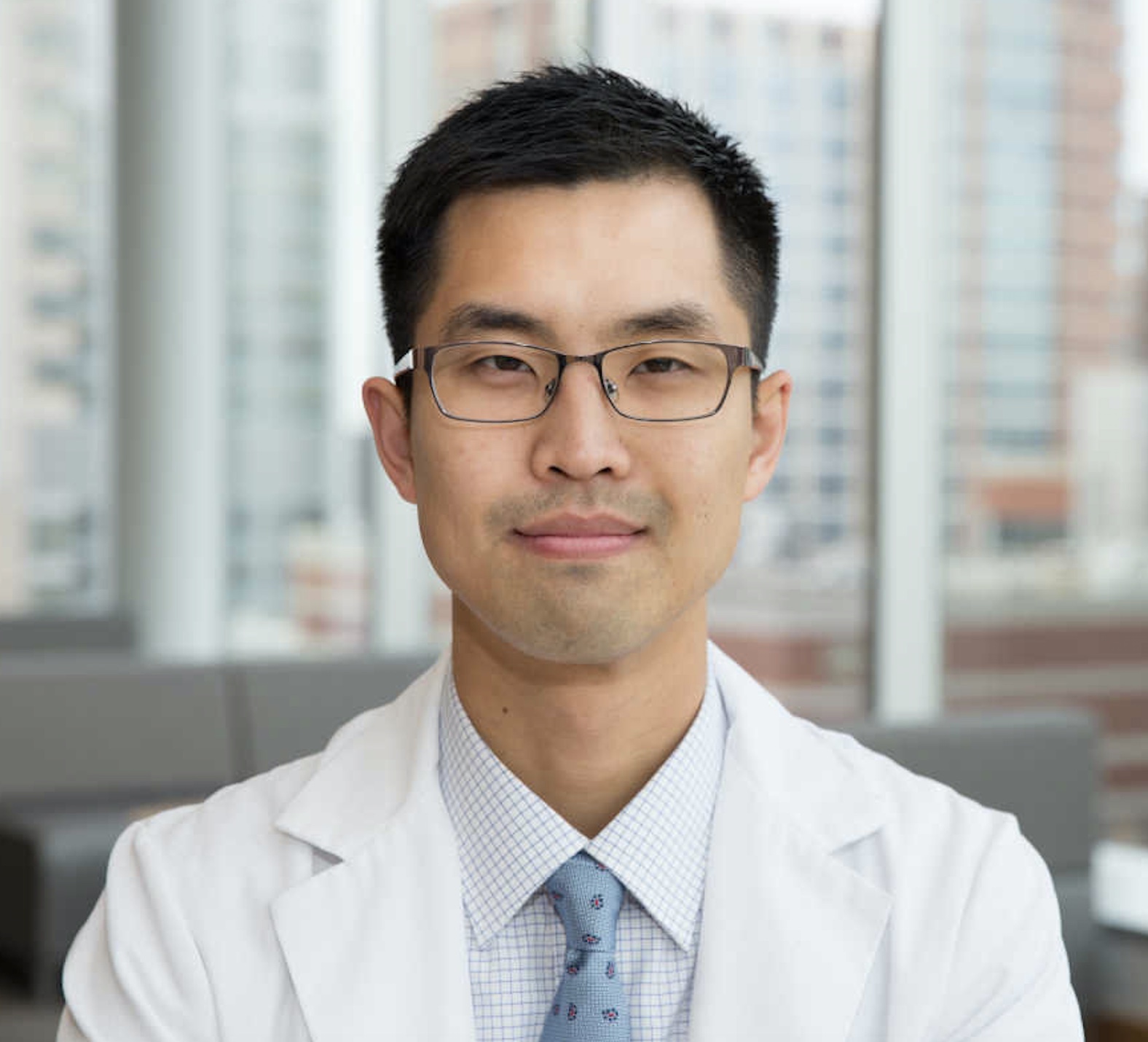We both sensed it immediately — that gut-wrenching feeling one experiences in the operating room when something challenging is about to occur. Tensions rose as our voices grew more passionate.
However, we were not in the middle of an operation. Instead, my attending surgeon and I were taking a break when a politically charged comment revealed our strongly differing opinions about the current political climate in this country.
A crowd of physicians and nurses quickly gathered around us as what began as a spark quickly grew into a wildfire. The conversation washed back and forth with no reconciliation for nearly half an hour.
According to a 2017 Pew Research Center report, political partisanship is at its highest point since 1994 — the number of people who hold highly unfavorable and antagonistic views of the other side has doubled. Political discord now exceeds other divisions based on gender, race and ethnicity, religious observance or education. These differences of opinions are now overflowing into our workplace and homes, triggering debates down the party line by a mere mention of a term or name.
Physicians, like everyone else, are not immune to this state of polarization. Although we understand that human beings are 99.9 percent genetically identical, we, too can be quick to focus on our differences instead of our common humanity. Emerging evidence shows that political leanings can influence physician decision-making on certain health issues. Furthermore, political division has profound implications for empathy — a necessary skill for connecting with and treating patients. Recent research led by Emile Bruneau, a cognitive neuroscientist, demonstrated that when people confront other identity groups, they can generate an “empathy gap.” In his study, regardless of how empathetic participants were at baseline, they felt less empathy towards other groups when they were introduced to triggers that influenced them to more closely resonate with their own group identity.
In our conversation, my attending and I were both falling into the same empathy gap that had landed not only us, but the entire nation, in the present situation — allowing highly-charged political identities to drain our empathy, to the point of overriding our long-standing relationships with each other. As passions grew, he and I were tempted to mistakenly judge the entirety of each other’s character — as cold or naïve — based on just one difference of opinion.
This is precisely when our past experiences of operating together with the same goals and values shone through. We knew that our common humanity far outweighed our differences. We had learned to operate with fluency, anticipating each other’s movement. We both trusted the other’s judgment and character. We both knew that we deeply cared about our patients, our colleagues and humanity. No difference in political rhetoric could challenge this foundation.
We continued our conversation privately in the physician’s lounge near the operating rooms. Inside this protected space where we had first built our rapport over long hours of operating, we were able to speak plainly and honestly for hours. When the end of the day neared, we both stood up from our chairs, exhausted but refreshed. Through listening to each other we broke through our empathy gap and reached political reconciliation.
In the operating theatre, surgeons stand across the table, heads bent over the care of another human, both with different experiences and instincts but joined by a common purpose–the patient at the center. Our positions can lead us to see the operation somewhat differently.
However, regardless of which side of the table we stand, the goal of the operation remains unchanged — to heal our patients when they are ill and vulnerable. There cannot be an empathy gap across the operating table. We are all more complex and share more commonalities than our superficially charged political identities may project. It took meeting one of the most compassionate surgeons I know — and a heated debate — to learn this lesson deep in my heart.
In medicine, it is especially important to carry this mindset into our day-to-day interactions. It is easy to forget about the common humanity that we all share, not only with our colleagues, but also with our patients when we categorize them based on a single attribute that we may not agree with. Labels and judgment can color our interactions, especially when we are feeling fatigued, stressed or burnt-out. Taking time to focus on commonalities will inspire greater empathy and improved care.
The relationship between my attending and I has not changed since that day. Though we still stand across the table from each other, both literally and sometimes figuratively, we still carry out the operation before us in harmony, brought to the center by the patient before us.
Jason Han, M.D., is a resident in cardiothoracic surgery in the Perelman School of Medicine at the University of Pennsylvania. The opinions expressed in this article do not represent those of the University of Pennsylvania Health System or the Perelman School of Medicine.
Follow us here and subscribe here for all the latest news on how you can keep Thriving.
Stay up to date or catch-up on all our podcasts with Arianna Huffington here.


